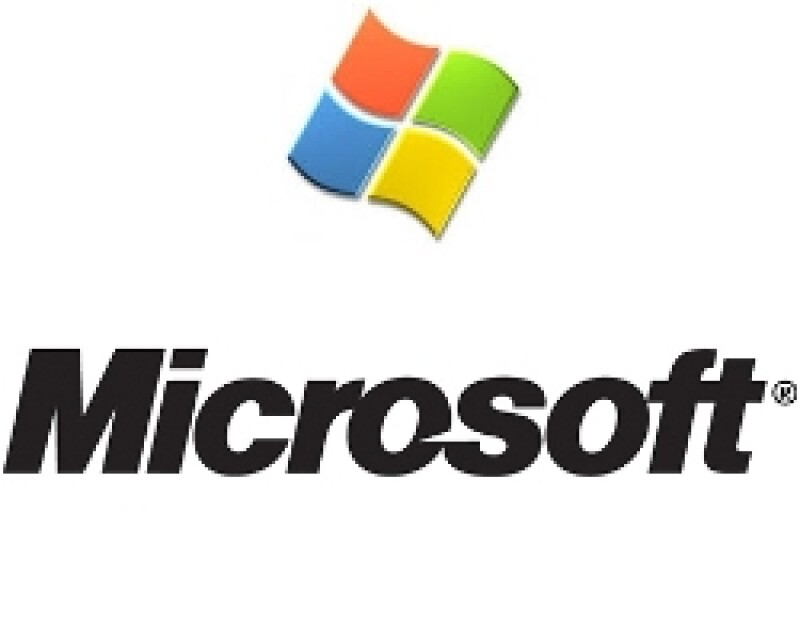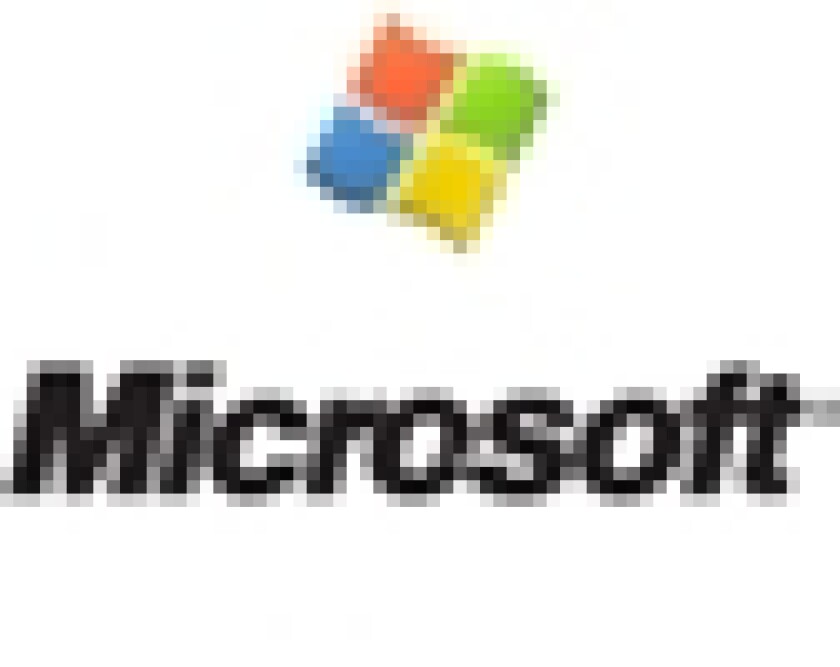
Commercially there are two types of software namely “unbranded software which is specialised and exclusively custom made to cater to the needs of individual clients” and “branded software” or “off the shelf software” or “shrink wrapped software” which is standardised and marketed. Recently, the first level appellate authority in Delhi has ruled that Microsoft is liable to pay tax in India on the licence fee charged to end users in India, on sale of shrink wrapped software. The accumulated tax liability for the six years under contention, including interest, is approximately in the range of Rs 700 crore ($175 million).
The crux of the dispute in the instant case is whether Microsoft effectively distributes a copyright right or a copyright article in the software. Generally speaking, transfer of a copyright article amounts to a sale of a mere product and hence ought not to be liable to tax in India. This is on account of the fact that the right to commercially exploit the software has not been transferred to the end user. However, the revenue authorities appear to have taken a contrary stand and have held that the transaction is effectively a licensing arrangement which ought to be liable to tax in India. The brief facts of the case and the contentions put forth by the appellant and the revenue are summarised below:
Brief facts of the case
Microsoft Corporation (MS) entered into a parent subsidiary agreement’ with its associate company (AC1) on January 1 1999 under which MS granted AC1 the following rights:
proprietary and ownership right in the license and intellectual property of Microsoft softwares and hardware products;
exclusive licence to manufacture and distribute these products to retailers or to MS or to subsidiaries of MS; and
exclusive right to licence Microsoft software and hardware products to any third party or the customers.
Subsequently, AC1 granted a non-exclusive license to another associate company (AC2) to duplicate, market, and distribute Microsoft software products within specified territories. A third associate company (AC3) in turn was granted distribution rights of the MS software products in certain specified territories (Asia, South East Asia, and South Pacific) by AC2.
As a sequel to the above distribution agreement, during the tax years 1999-2000 to 2004-05, AC3 has entered into agreements with various distributors in India. The distributors in India have a right to distribute the MS products to end users in India. Alternatively, the distributors could sell the products to a reseller in India for end distribution to customers. The end customers were granted an end user license to use the MS software along with a copy of MS software. The distributors, resellers, and customers did not have the right to make copies of the software for commercial exploitation. However, in certain cases a single full package product was delivered along with the requisite number of licenses under which software could be installed on multiple computers. In lieu of the aforesaid, AC1 (the appellant) earned income through software sales in India.
Contentions of the appellant / revenue
The principal contention of the appellant was that the sale was a sale of a software product which did not grant any commercial exploitation rights to the end user. Accordingly, income generated on licensing of software to Indian customers was not liable to tax under domestic tax law of India or under the double taxation avoidance agreement between India and US. The appellant also relied on the Organisation for Economic Development (OECD) commentary, wherein it has been observed that only a transfer that enables a transferee to commercially exploit a software copyright will give rise to royalty income.
The revenue authorities have principally used the following reasoning while arriving at a conclusion:
As per the terminology used in the end user license agreement the ‘product was licensed and not sold’. As a result, the consideration was in the nature of a license fee for acquiring software license and the product was not sold to the end customer in India;
The definition of royalty under the domestic tax law and the respective treaty includes a payment towards the right to use a copyright, patent, trademark. This conveys a meaning that the absolute transfer of property is not a necessity;
India’s position on characterisation of income of software payments as royalty is expressed in the High Powered Committee Report;
The Supreme Court decision in the case of Tata Consultancy Services (which held that software is goods) will not apply in the instant case as the software was licensed and not sold to the end customers;
The decisions (held in favour of the taxpayer) in the case of Lotus Development, Motorola, Ericsson Radio, Nokia Networks, Lucent Technologies, Samsung Electronics, PSI Data Systems, and Sonata Software will not apply as they are distinguishable on facts. Further, the aforesaid decisions have relied upon the distinction between a copyright right and a copyright article, advocated as part of the OECD commentary. The India position on taxability of software payments is based on the High Powered Committee Report which is contrary to the view expressed by the OECD.
Based on the above, the revenue authorities held that the income generated from software sales in India would fall within the definition of the term royalty and accordingly would be subject to tax in India under the Act and the respective Tax Treaty.
Our comments
The revenue authorities in the case have principally laid emphasis on the terminology used in the end user license agreement (‘the product is licensed and not sold’) and have failed to appreciate the fact that the transaction is purely and effectively a transaction of sale. The decision of the revenue focuses and relies primarily on the characterisation of income as expressed in the High Powered Committee Report (submitted to the Indian government in 2001) which in certain instances is contrary to the views expressed by the OECD.
In this regard, it would be relevant to note that apart from the High Powered Committee report which submitted its report to the Indian government, a group called the eCom Taxpert Group was also formed to provide a global perspective on the taxation of e-commerce to the government of India. This group consisted of renowned and eminent tax experts in the field of international taxation both from developed and developing countries. The views expressed by the eCom Taxpert Group are more in sync with the OECD commentary and have not been evaluated at all by the revenue in arriving at their conclusion.
The distinction between a copyright right and a copyright article has also been brought out in a report issued by The Internal Revenue Service (IRS), Department of Treasury, Federal Government of US titled Classification of certain transactions involving computer programmes. The US regulations also provide that if a person acquires a copy of a computer programme but does not acquire any of the rights described above or only acquires de minimis grant of such rights, the transfer of copy of computer program is to be classified solely as a transfer of a copyrighted article. In the instant case, the end user does not obtain the rights to commercially exploit the software and hence ideally the income generated ought not to be subject to tax in India.
Apart from the above, the views advocated by the OECD with respect to the distinction between a copyright right and a copyright article have also unconvincingly dismissed by the revenue. In this regard, it would be relevant to note that most double taxation conventions entered into by India have a lineage to the OECD model and hence may be reasonably used as a basis of interpreting the intention of Treaty law. This position has been upheld by the Indian judiciary on several occasions. Accordingly, it would be reasonable to assume that the OECD Model Convention/commentaries carry sufficient weight even though India is not an OECD member country and has merely an observer status.
To add to the above, the revenue has also feebly dismissed certain favourable judgements on similar facts especially in the case of Lotus and Sonata Software where the above distinction has been appreciated by the tribunals. This issue will definitely travel to the higher courts before finality can be reached. Given the position in law, Microsoft ought to have a good case to defend in the higher appellate forums.










